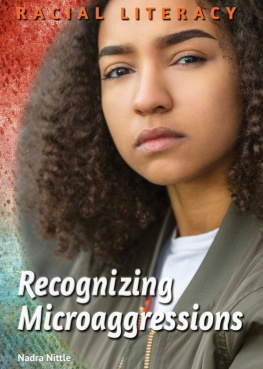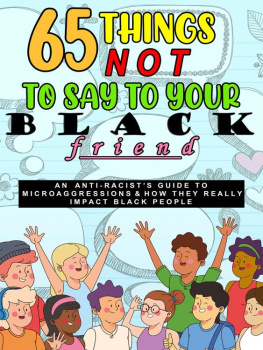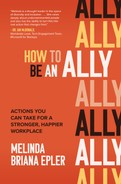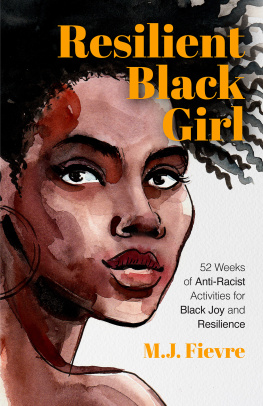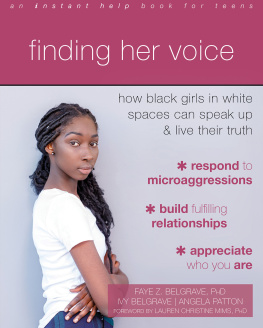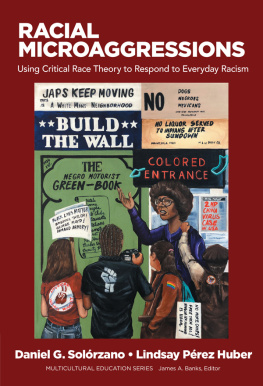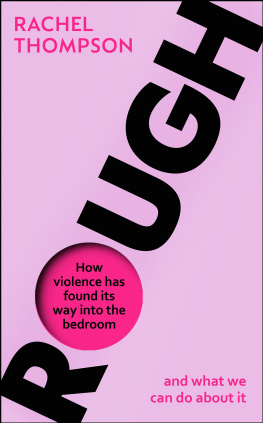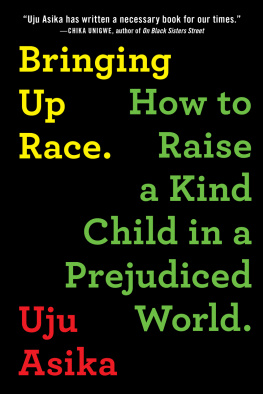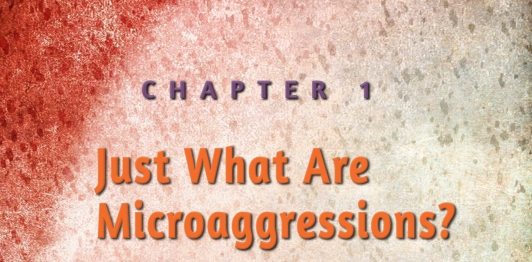Published in 2019 by Enslow Publishing, LLC.
101 W 23rd Street, Suite 240, New York, NY 10011
Copyright 2019 by Enslow Publishing, LLC.
All rights reserved.
No part of this book may be reproduced by any means without the written permission of the publisher.
Library of Congress Cataloging-in-Publication Data
Name: Nittle, Nadra, author.
Title: Recognizing microaggressions / Nadra Nittle.
Description: New York : Enslow Publishing, [2019] | Series: Racial literacy | Audience: Grade level 7-12. | Includes bibliographical references and index. Identifiers: LCCN 2018019105| ISBN 9781978504660 (Library bound) | ISBN 9781978505612 (pbk.)
Subjects: LCSH: Microaggressions. | Prejudices. | Discrimination.
Classification: LCC BF575.P9 N58 2019 | DDC 303.3/85-dc23 LC record available at https://Lccn.Loc.gov/2018019105
Printed in the United States of America
To Our Readers: We have done our best to make sure all website addresses in this book were active and appropriate when we went to press. However, the author and the publisher have no control over and assume no liability for the material available on those websites or on any websites they may link to. Any comments or suggestions can be sent by email to .
Photo Credits: Cover, p. 1 Darren Baker/Shutterstock.com; p. 5 weedezign/ Shutterstock.com; p. 6 Blend Images/Shutterstock.com; p. 10 David Cupp/ Denver Post/Getty Images; p. 11 Yakobchuk ViachesLav/Shutterstock.com; p. 12 WiLLiam LoveLace/HuLton Archive/Getty Images; p. 14 Hero Images Inc./ALamy Stock Photo; p. 16 ELena ELisseeva/Shutterstock.com; p. 20 OrLando SentineL/ Tribune News Service/Getty Images; p. 22 SpeedKingz/Shutterstock.com; p. 24 BLaine Harrington III/ALamy Stock Photo; p. 26 Steve Debenport/E+/Getty Images; p. 29 Jupiterimages/Stockbyte/Getty Images; p. 30 ArieL SkeLLey/DigitaLVision/Getty Images; p. 32 Steve SkjoLd/ALamy Stock Photo; p. 34 SoLphoto/Shutterstock.com; p. 36 michaeLjung/Shutterstock.com; p. 38 Jacob Lund/Shutterstock.com; p. 42 mimagephotography/Shutterstock.com; p. 43 Supannee_Hickman/Shutterstock .com; p. 45 ZouZou/Shutterstock.com; p. 47 imtmphoto/Shutterstock.com; p. 48 James R. Martin/Shutterstock.com; p. 50 Mike Yarish/ NetfLix/courtesy Everett CoLLection; p. 53 Bettmann/Getty Images; p. 55 Hiroyuki Ito/HuLton Archive/Getty Images; p. 57 MichaeL Zagaris/Getty Images; p. 59 WPA Pool/Getty Images; p. 61 Jamie McCarthy/Getty Images; p. 62 (Left) Christopher FurLong/Getty Images; p. 62 (right) Kathy Hutchins/Shutterstock.com; p. 64 Rodin Eckenroth/Getty Images; p. 66 PooL/Getty Images; p. 67 The White House/Getty Images; p. 68 PictoriaL Press Ltd/ ALamy Stock Photo; p. 70 RawpixeL.com/Shutterstock.com; cover and interior pages background design Ensuper/Shutterstock.com (coLors), MiLoje/Shutterstock.com (texture).

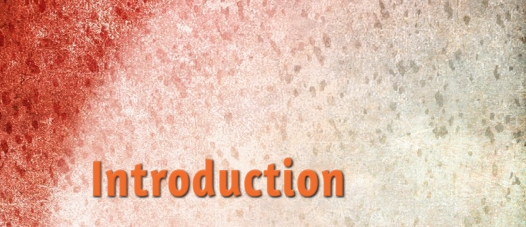
If youve ever had the nagging feeling that someone was racist but you couldnt prove it, youre far from alone. Its a common experience for people of color. Thankfully, society has started to take these experiences more seriously.
Perhaps a waiter gave your family poor service in a restaurant while showering the other diners with attention. Maybe youre one of the few students of color at your school, and your teacher never seems to notice your raised hand. Or your peers can freely share complaints or question authority, while youre called aggressive or a troublemaker for doing the same. These examples are all based on real-life experiences that members of racial minority groups have had. Scholars have a name for them: microaggressions.
This form of subtle racism may not seem very alarming, but it can have terrible consequences. It can affect a persons health, leading to problems like high blood pressure, anxiety, or depression. It can affect peoples treatment in schools, workplaces, hospitals, shopping centers, entertainment venues, and their own neighborhoods. It can cause a seemingly minor situation to quickly spiral out of control. In short, microaggressions matter.

Even very young children of color may be on the receiving end of racial microaggressions. Both classmates and teachers may treat them differently.
Every day, people of color all over the world face this form of subtle racism. Over time, microaggressions take a toll on ones mental health and cause race relations to worsen. But microaggressions can be difficult to remedy because most people responsible for these behaviors insist theyre not racist and have done nothing wrong. On the other hand, victims of these behaviors may try to ignore them because theyve been told theyre no big deal. They may reason that its not as if someone beat them up because of their race, painted racist graffiti, or outright admitted to being racist. But this way of thinking lets people who commit microaggressions off the hook for the dozens of small ways they make life difficult for racial minorities. If racism is ever to end, it must be addressed at both the macro (Large) and micro (small) Level. AH too often, society prefers to focus on macro racism while dismissing the microaggressions that occur day in and day out.

Racial microaggressions can take a toll on a persons mental health. Depression and anxiety can develop in individuals subjected to subtle racism.
Most people of color will not be victims of hate crimes. They will not be killed by police. They will not be openly told that they are being treated differently because of their skin color. But they will experience microaggressions.
In this book, youll learn the definition and history of microaggressions. Youll read examples of microaggressions in a variety of settings-from college campuses to clothing stores. Most important, youll learn ways to protect and stand up for yourself.
Sadly, its nearly impossible to avoid racism if youre a person of color. But you dont have to bury your feelings and stay silent when microaggressions occur. In many cases, you dont have to attend schools, support businesses, or live in places that expose you to these behaviors either. Fighting back against microaggressions is an important way to stop them from overwhelming you.
Racial microaggression is a complex term for a concept thats actually quite simple. Think of it as racism with a little R. Its used to describe the commonplace forms of racism that millions of people face every day at school, work, or merely going about their day. When racism trends on social media or makes news headlines, it usually involves capital R racism. A deadly police shooting of an unarmed person of color. A hate crime. A racial discrimination lawsuit against a company with unfair hiring practices.
Microaggressions arent so dramatic. Theyre the subtle slights based on skin color that people might keep to themselves, only discuss with family or friends, or shrug off entirely. But this form of racism matters just as much as the blatant form that makes the news. Thats because over time, microaggressions can have a serious impact on ones mental and physical health.

